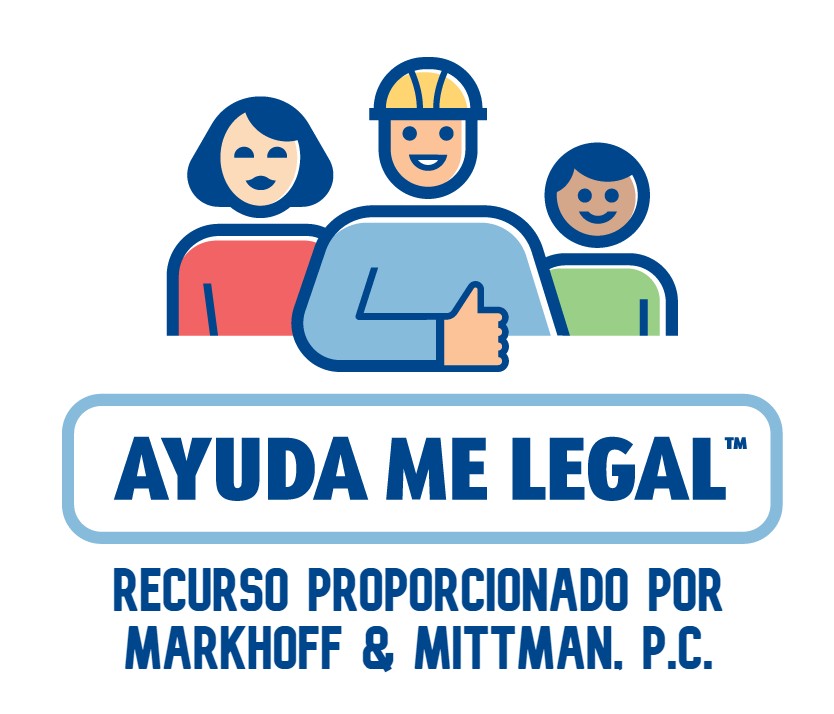DACA stands for Deferred Action for Childhood Arrivals. This program was established in 2012 to protect certain undocumented immigrants, also known as Dreamers, brought to the United States as children.
We provide free immigration law services for individuals seeking relief from deportation and removal proceedings. We offer free consultations and represent clients in court and before administrative agencies such as USCIS, ICE, CBP, IJ, BIA, and the Department of Labor.
Our DACA immigration attorneys at Markhoff & Mittman, P.C. have extensive knowledge of federal immigration laws and procedures. They understand the complexities of these cases and can assist you with any questions you may have regarding your case.
Deferred Action for Childhood Arrivals (DACA)
In 2012, President Obama signed an executive order called Deferred Action for Childhood Arrival (DACA). This program allows undocumented immigrants brought to the United States as children to apply for temporary relief from deportation and obtain employment authorization.
President Obama said that the program was necessary to protect young people who had grown up in America. He also said that the program would encourage others to come forward and seek protection.
Currently, the Department of Homeland Security has the discretion to decide whether to grant deferred action to individuals who qualify. If DHS decides to approve applications, the decision becomes final after two years.
Who Is Eligible For Daca?
People who were under 16 years old when they entered the U.S., came to the country without permission and arrived before January 1, 2010, are eligible. They may live anywhere in the world.
How Does Daca Work?
After submitting certain documents, applicants receive two years of deferred action from removal proceedings and eligibility for employment authorization. Applicants must renew their status every 2two years.
Who Are The Benefits Of Daca?
Undocumented youth who qualify for DACA may be able to access federal education programs such as Pell Grants, student loans, and military service.
They may also be eligible for state driver’s licenses and identification cards.
Renewal of DACA
After two years, you will be subject to deportation proceedings unless you apply for renewal of your DACA status.
If you applied for DACA status, you should contact an immigration attorney immediately. They can advise you on whether or not you qualify for renewal of your DACA benefits.
In addition, you should file a motion to reopen your case with USCIS. This will allow you to request a hearing to appeal the denial of your application.
If you don’t qualify for renewal of your status, you will be deported.
Advance Parole
Many of these immigrants have children born in the U.S.. If one parent is undocumented, the child may become eligible for citizenship under current federal law.
However, the parents cannot sponsor their children for citizenship until the child turns 21. That means that the child becomes a citizen at age 18, regardless of whether he or she was born in the U.C.S.A. or elsewhere.
This is called “advance parole.” Advance parole allows young adults to travel abroad and return to the U.S., provided they return within 90 days.
Under advance parole, the individual does not have to leave the country. He or she simply travels abroad and returns to the U.S.
Advance parole is available to anyone who is younger than 31 years old and has no criminal record.
How To File for Advance Parole?
It is not automatic. Instead, the applicant must file a request with USCIS. The application is reviewed by USCIS and approved or denied based on several factors, such as the applicant’s health, employment history, education, and financial situation.
Approved applicants receive permission to enter the U.S. for up to 30 days. However, they must remain outside the U.S. once their visa expires.
They cannot reenter the U.S. unless they obtain another form of entry authorization.
There are two types of advance parole:
Advance Parole For Humanitarian Purposes
Advance parole for humanitarian purposes allows an immigrant to visit his or her family members in the U.S.; attend medical appointments, or seek treatment for serious illnesses.
Advance parole applications for humanitarian purposes are usually filed by relatives living outside the U.S. These relatives often include spouses, minor children, siblings, and parents.
Advance Parole For Lawful Permanent Residence
Advance parole requests for lawful permanent residents are used to allow immigrants to travel abroad for job training or study.
Our NY Dream Act & DACA Lawyers Can Help
By hiring an experienced immigration lawyer, one can spot issues before they grow into bigger issues. A long-term difficulty may be avoided if you hire an experienced DACA lawyer. Our knowledgeable immigration lawyers know that immigration laws are constantly changing and how the legal system functions in practice. This allows our legal team to help those wishing to apply or renew DACA and Dream Act cases.
It is crucial that you are represented by a highly qualified lawyer who has your best interests in mind because the specifics surrounding these types of lawsuits are complex and continuously changing. Each client at Markhoff & Mittman, P.C. becomes our top focus. Call today for a free consultation.






